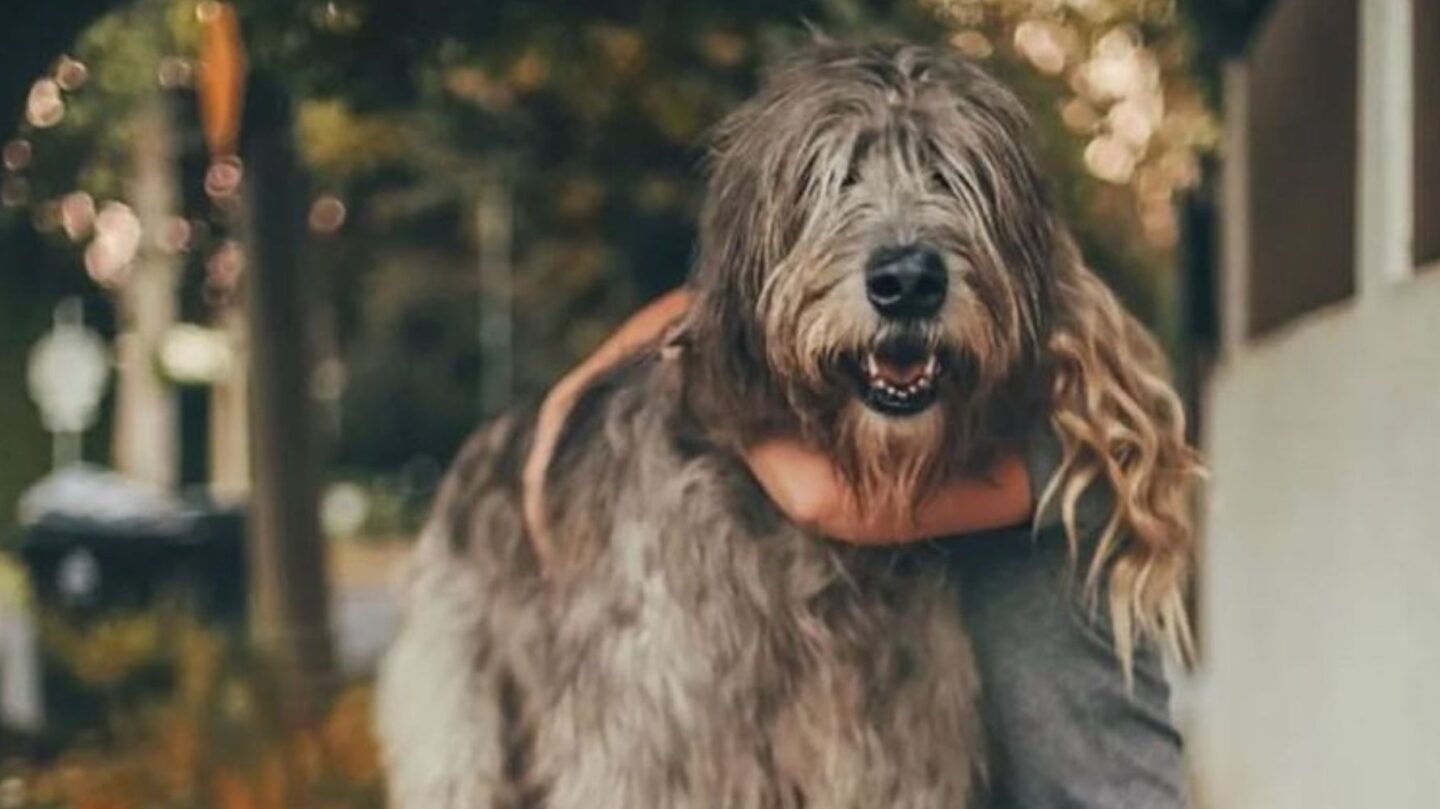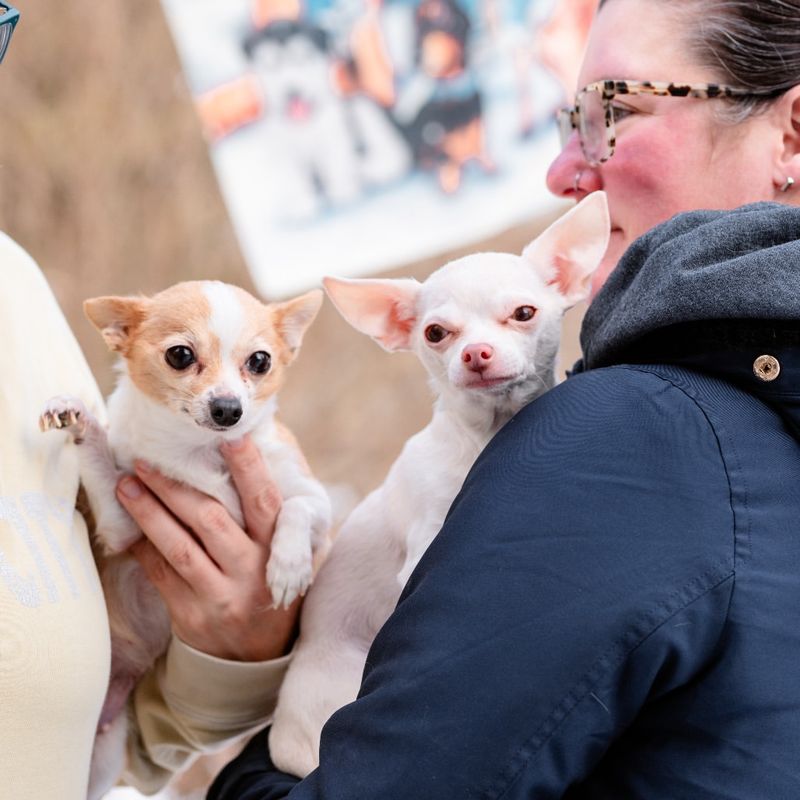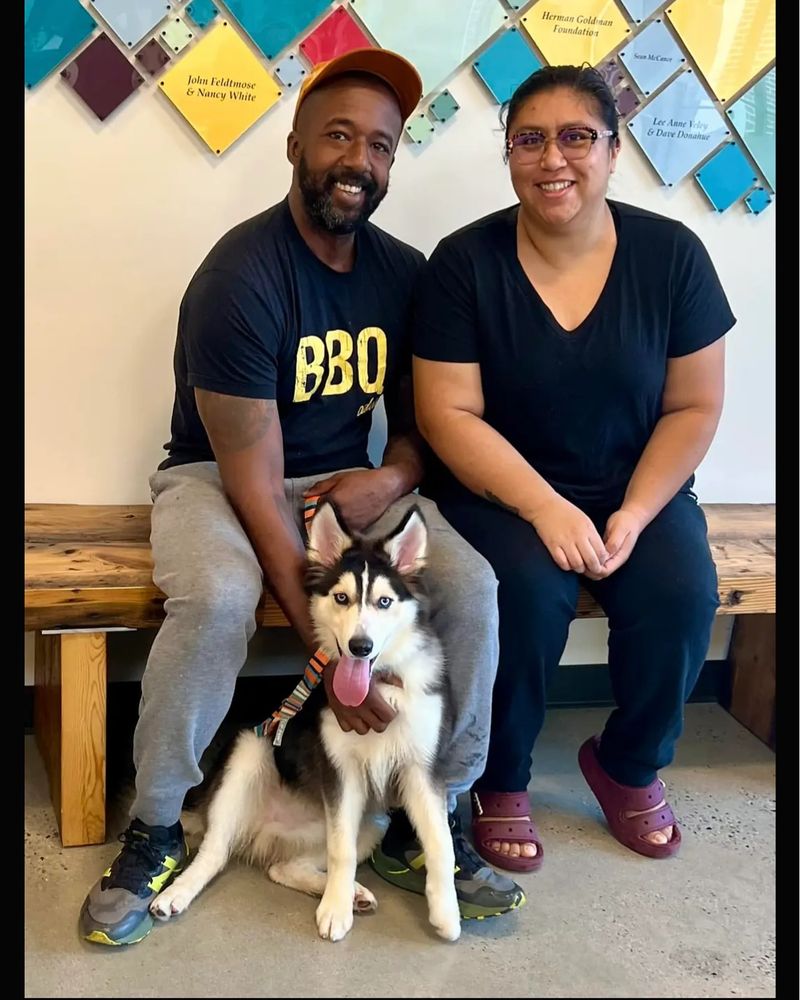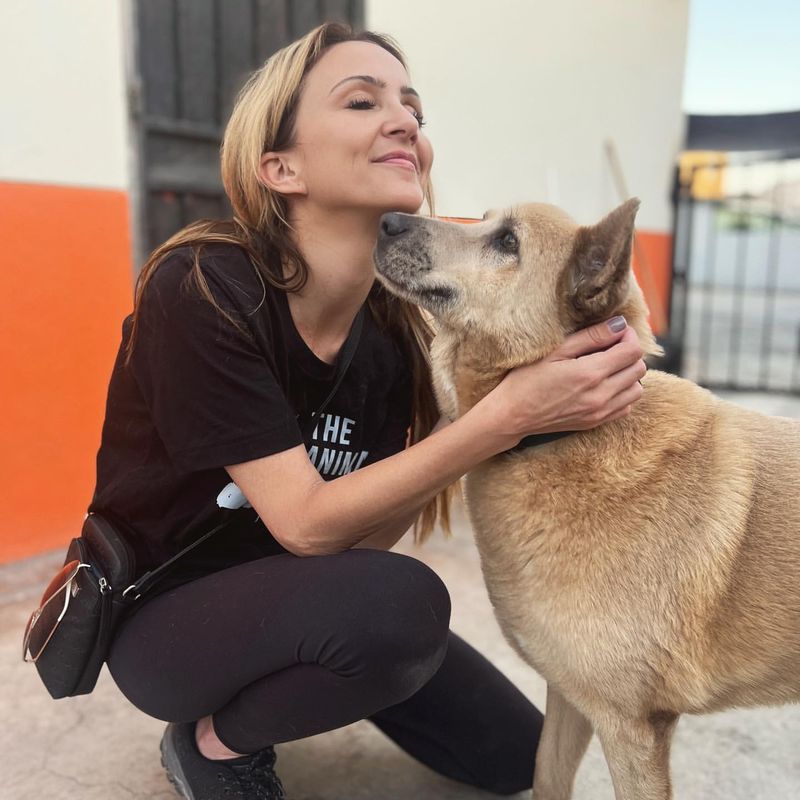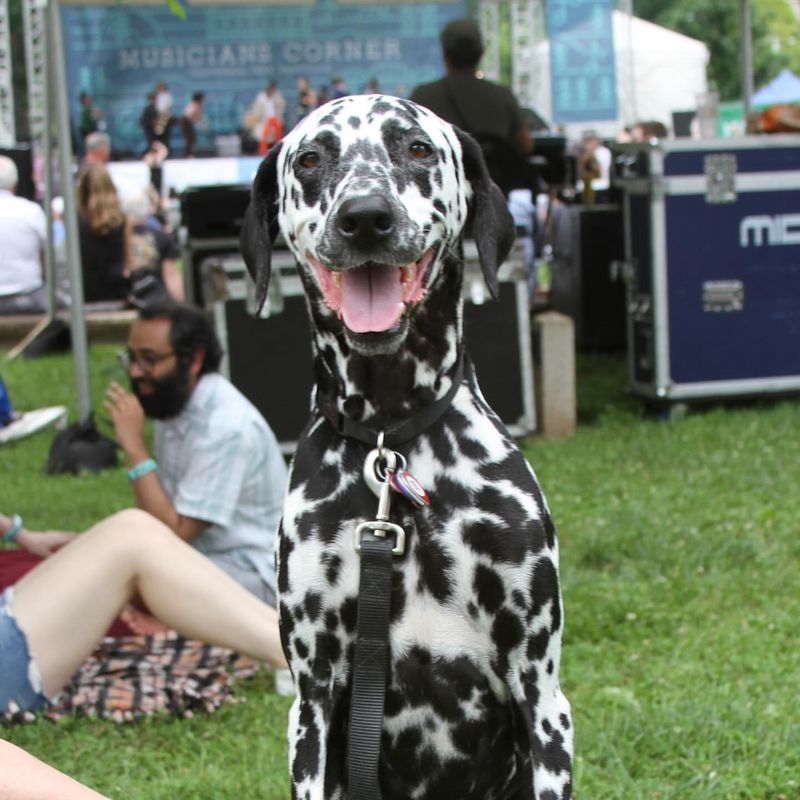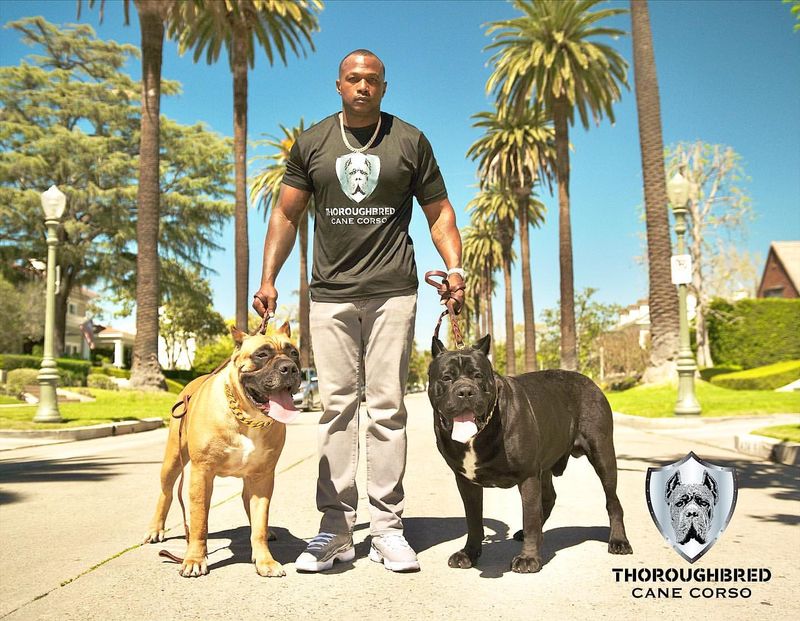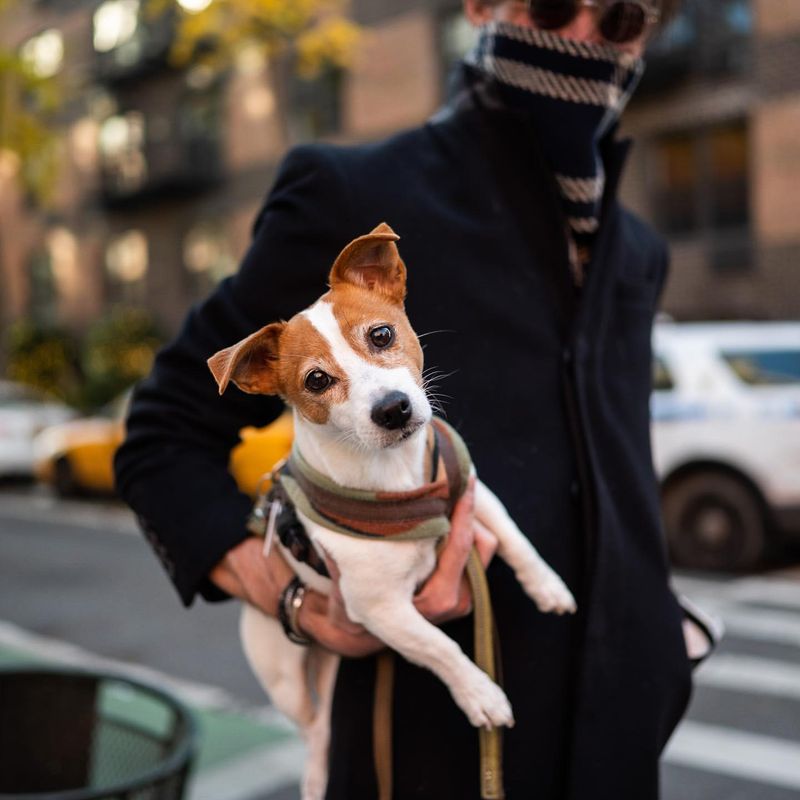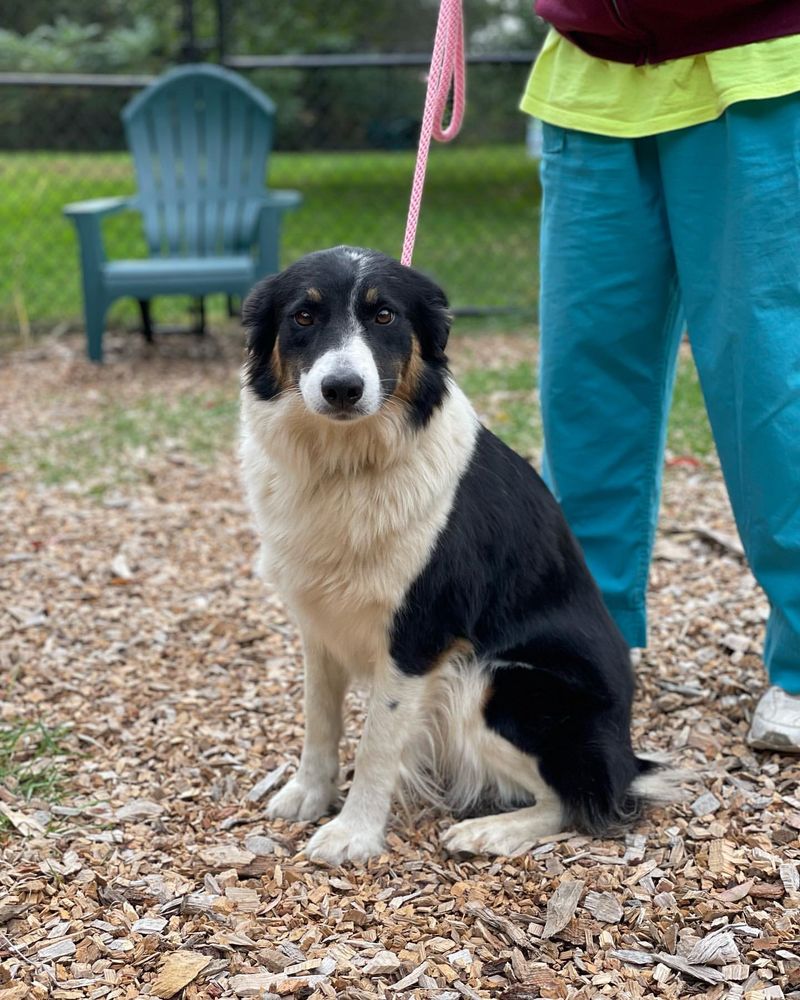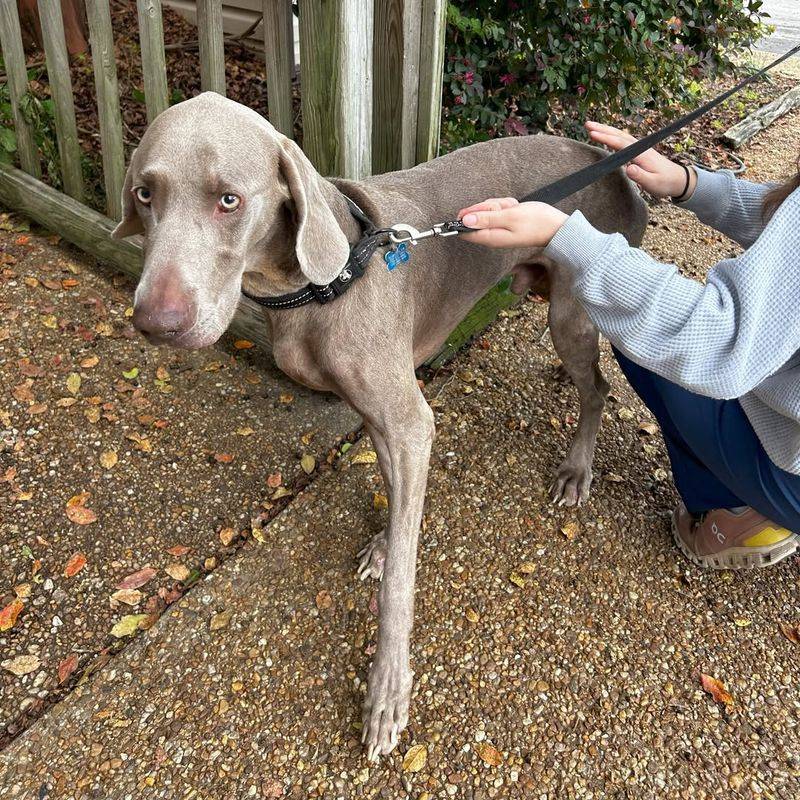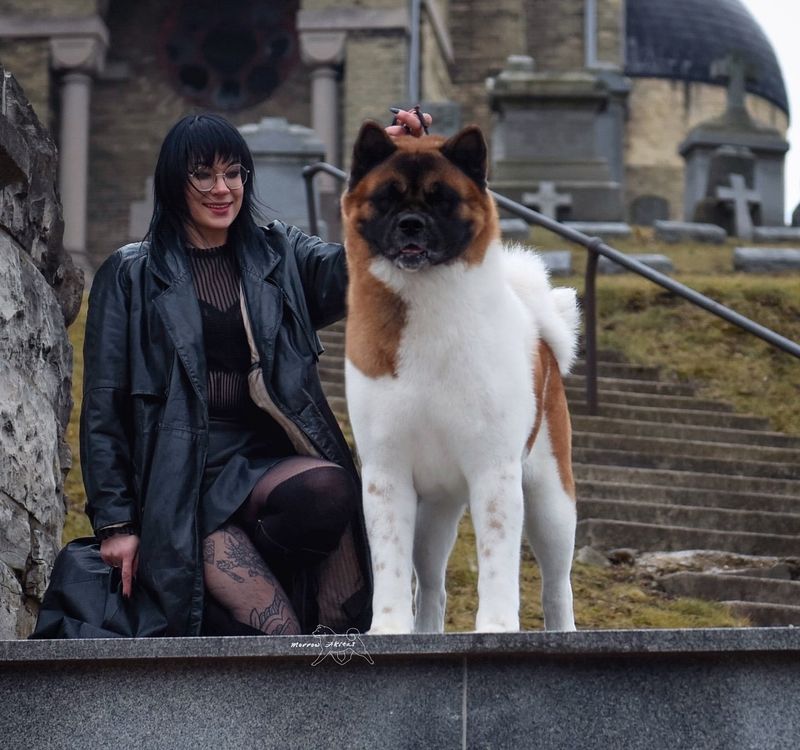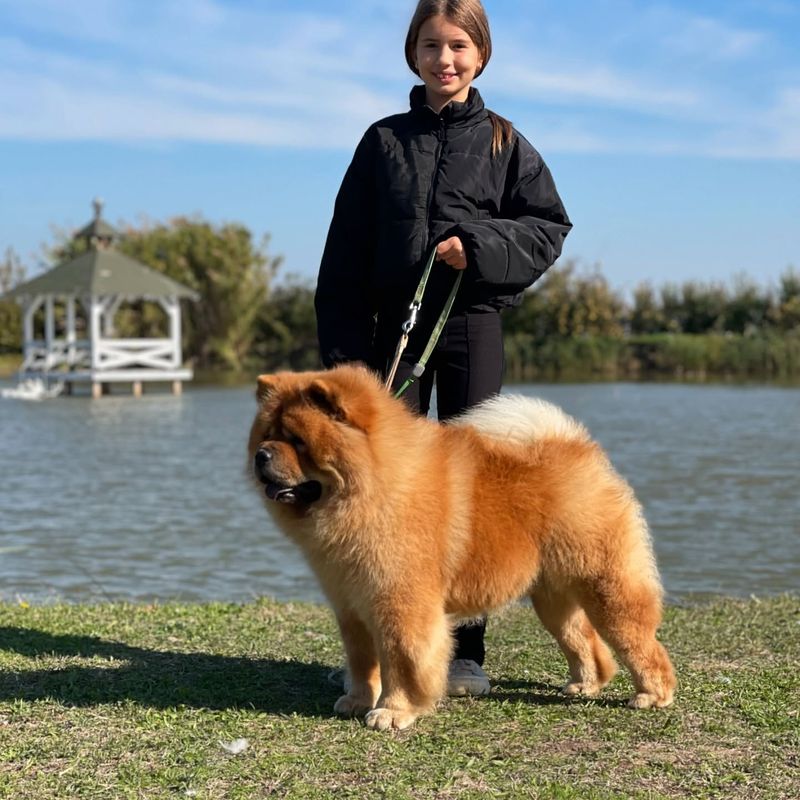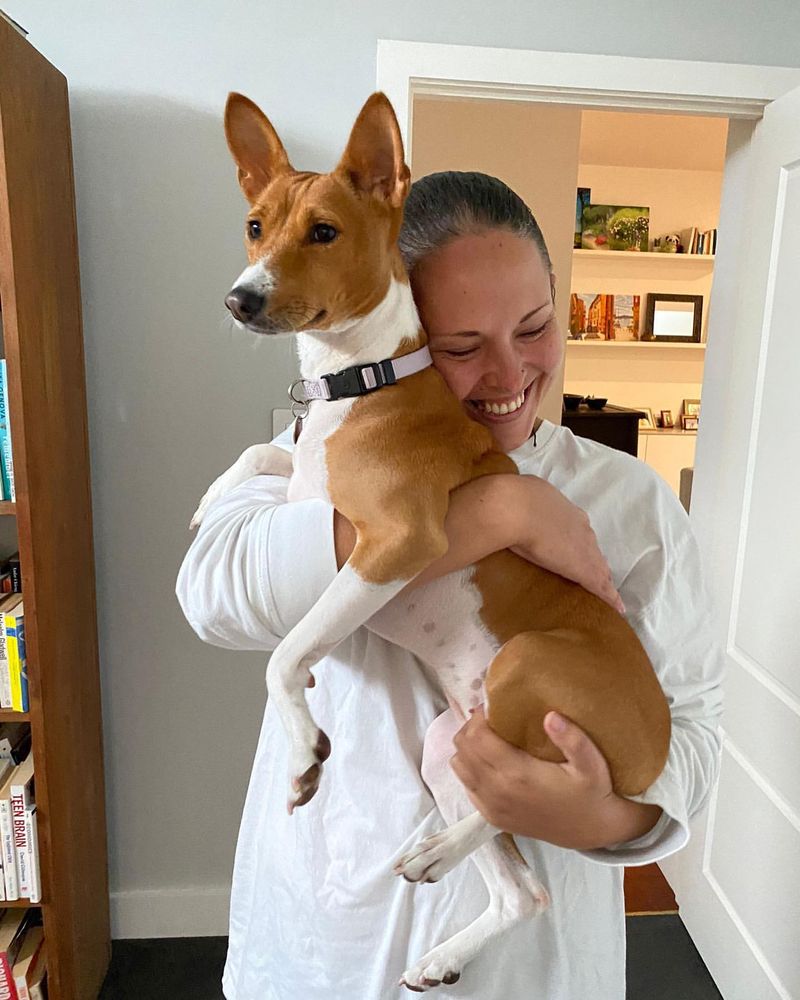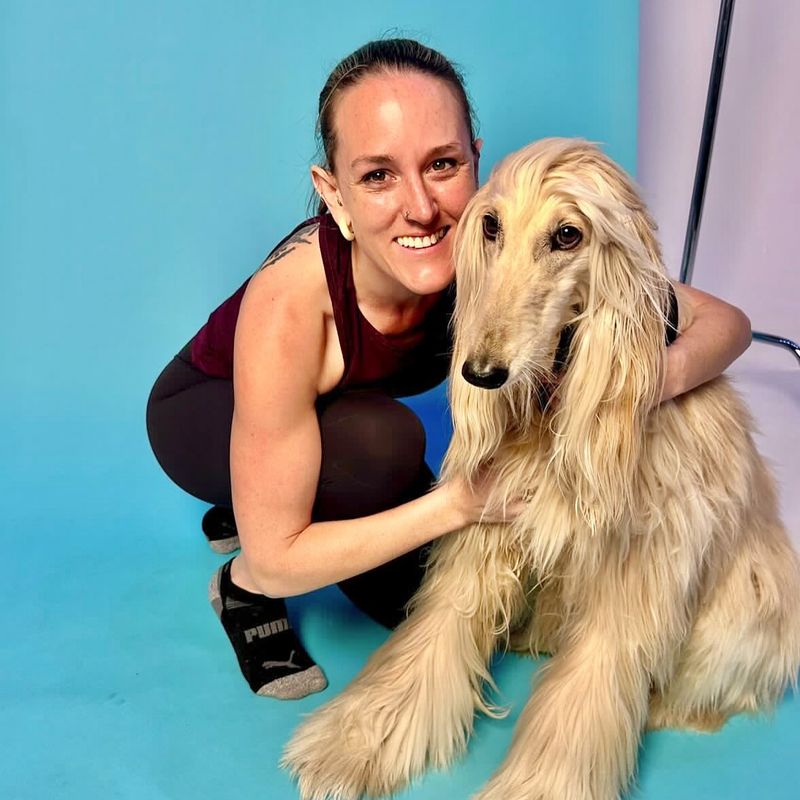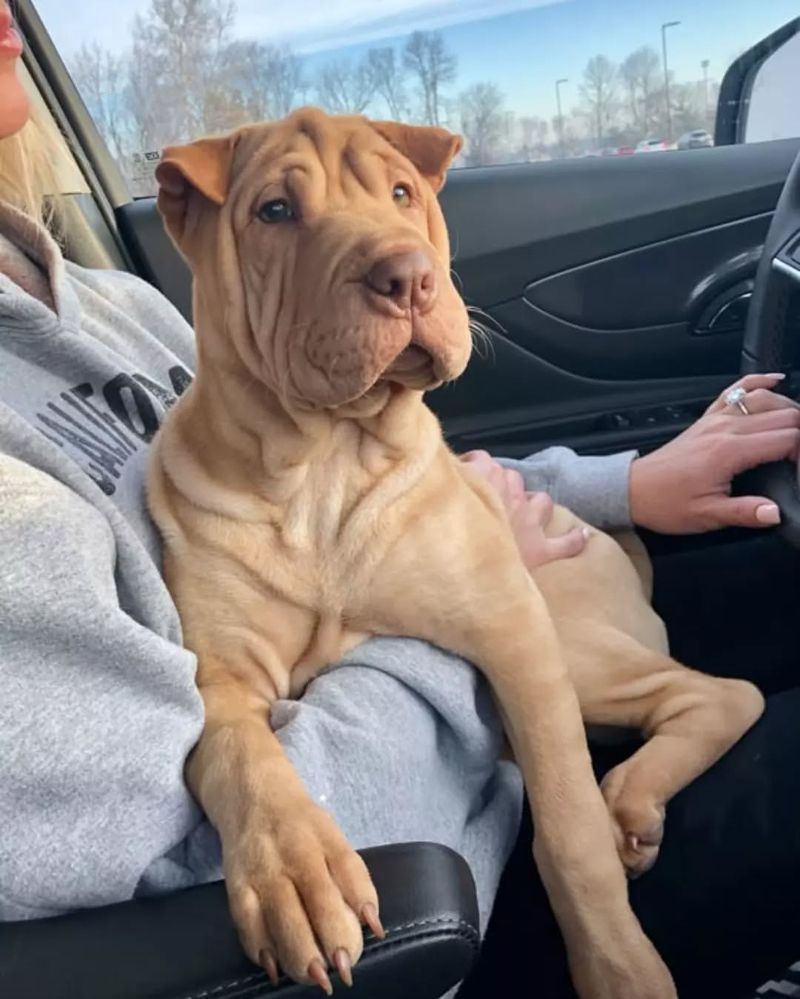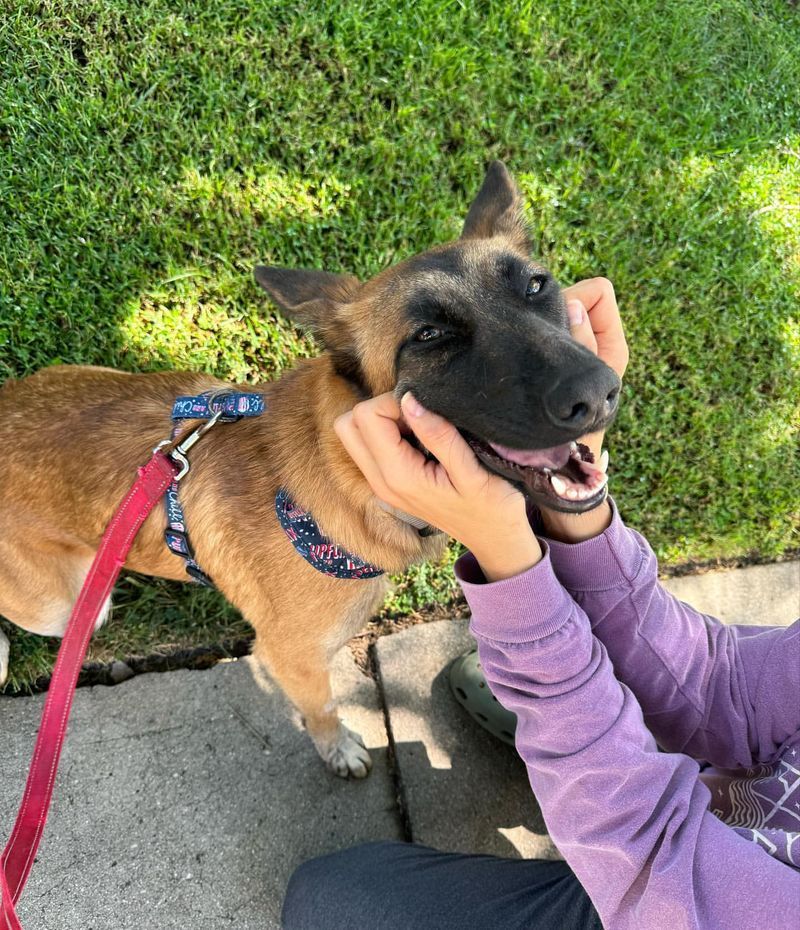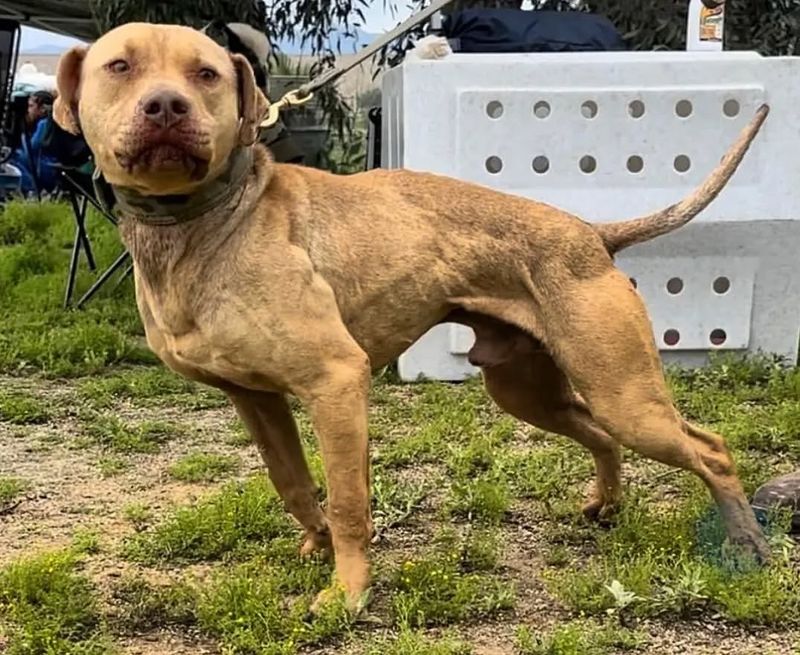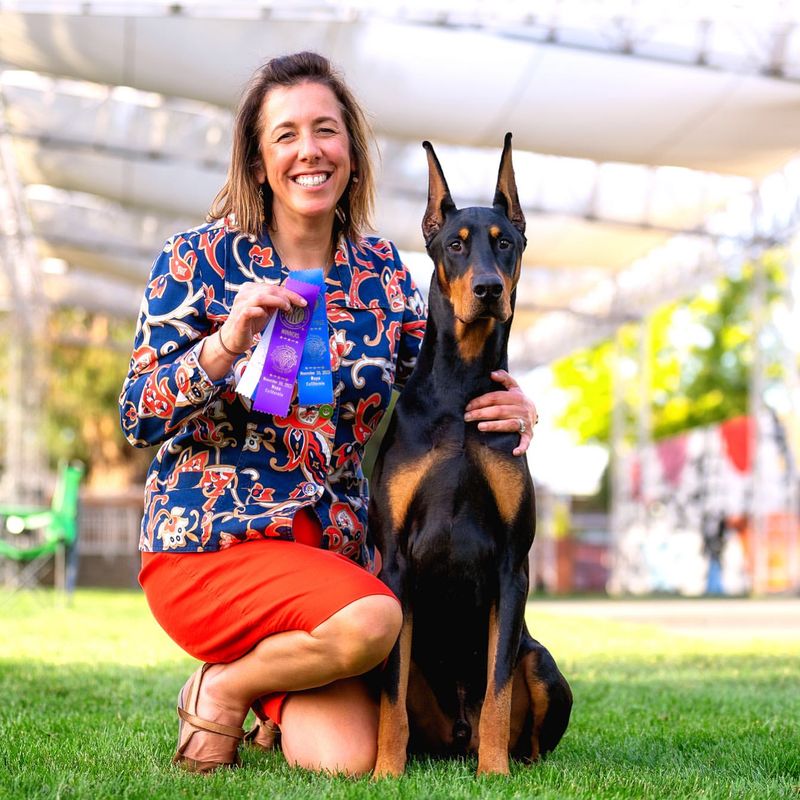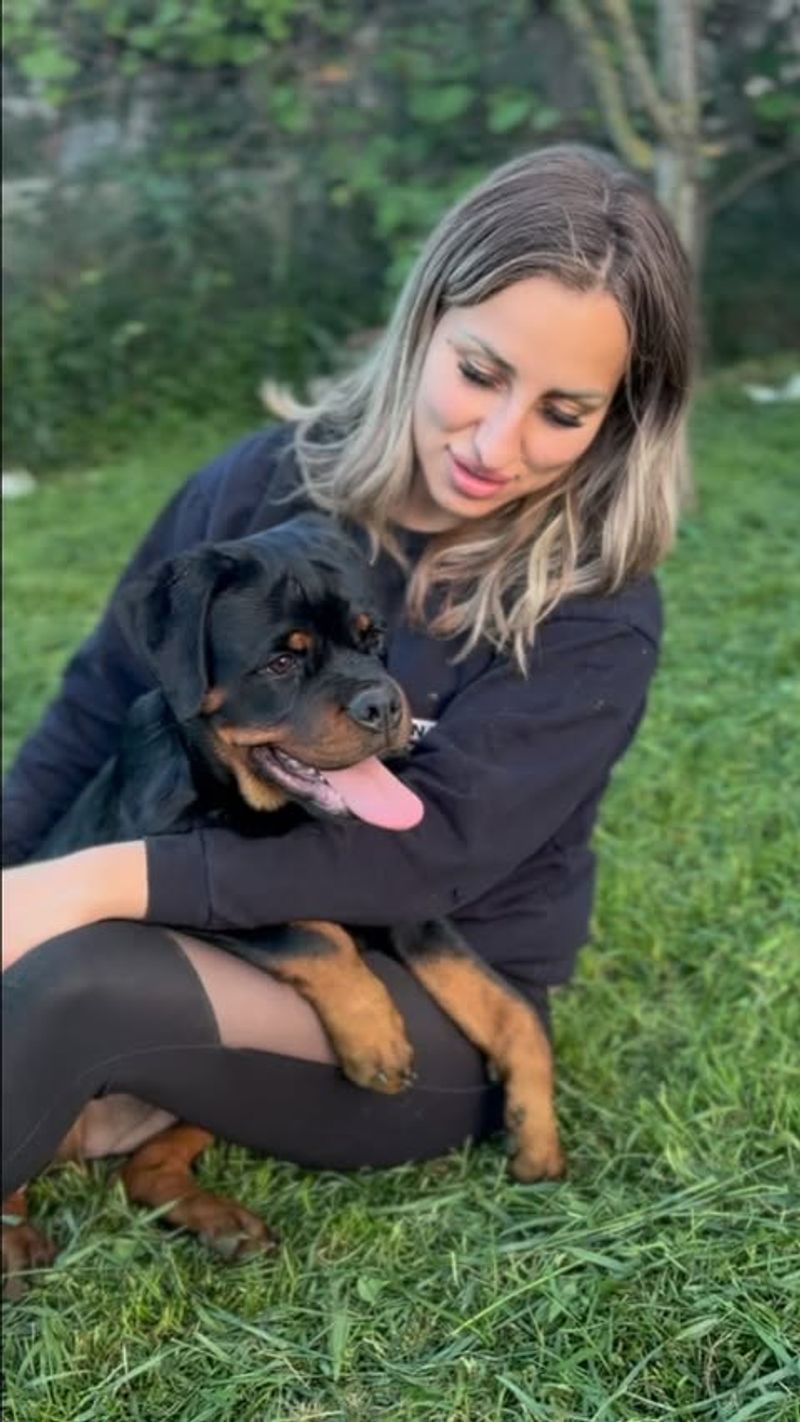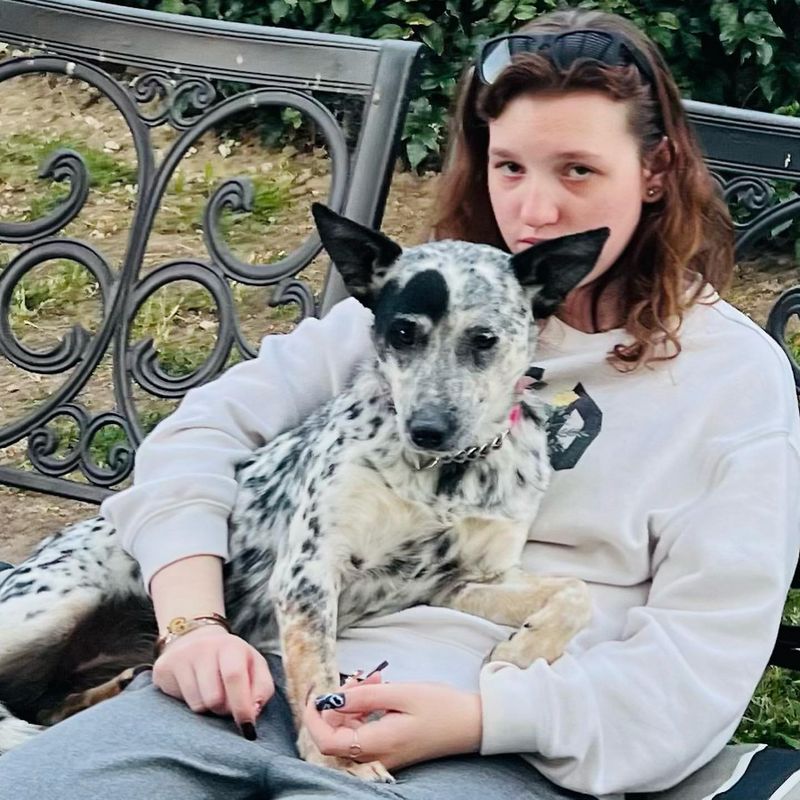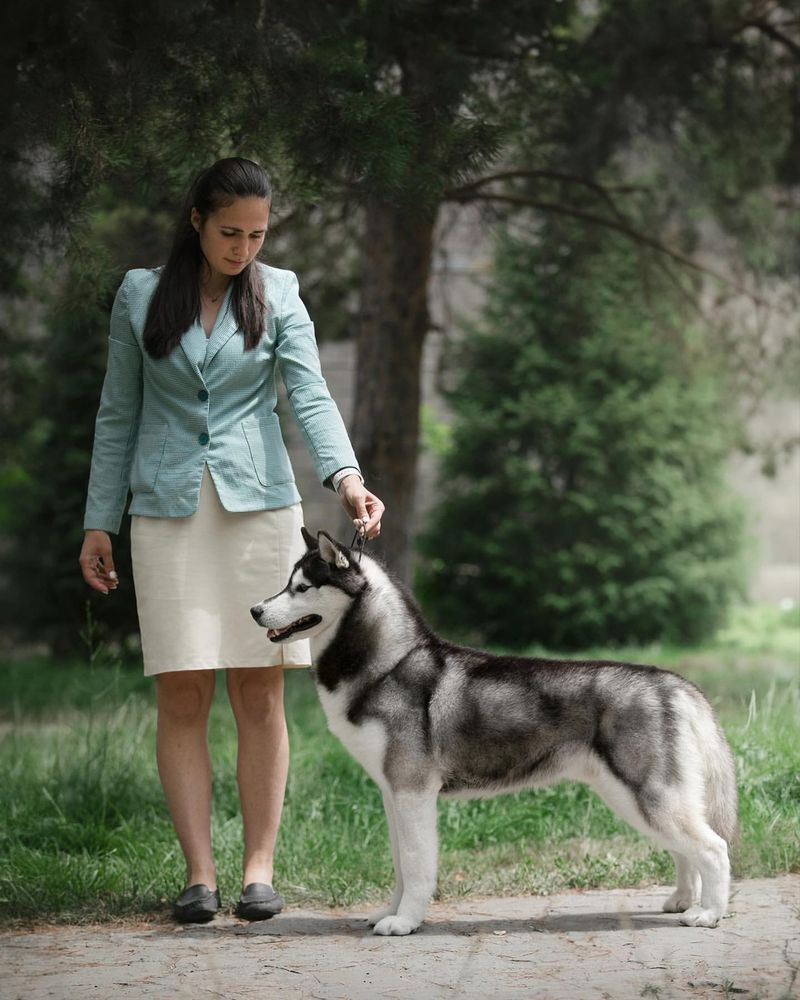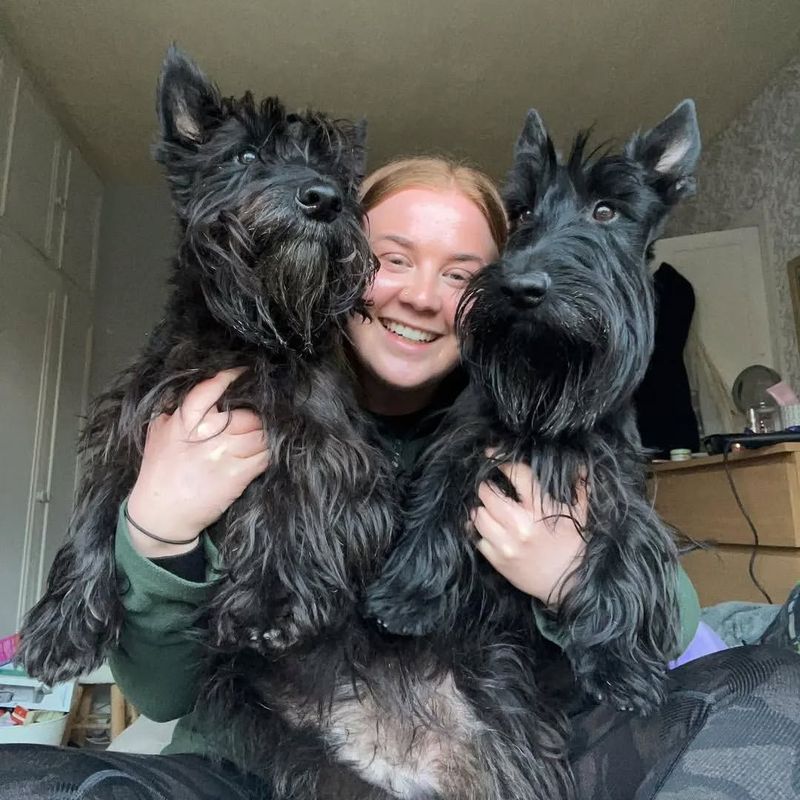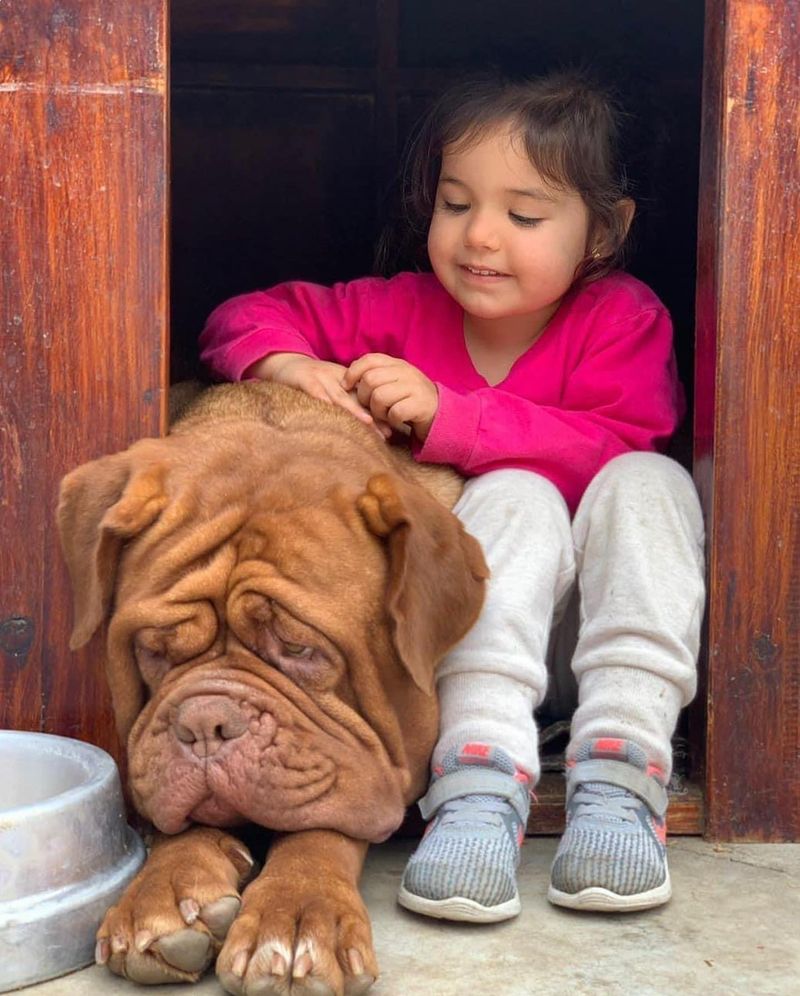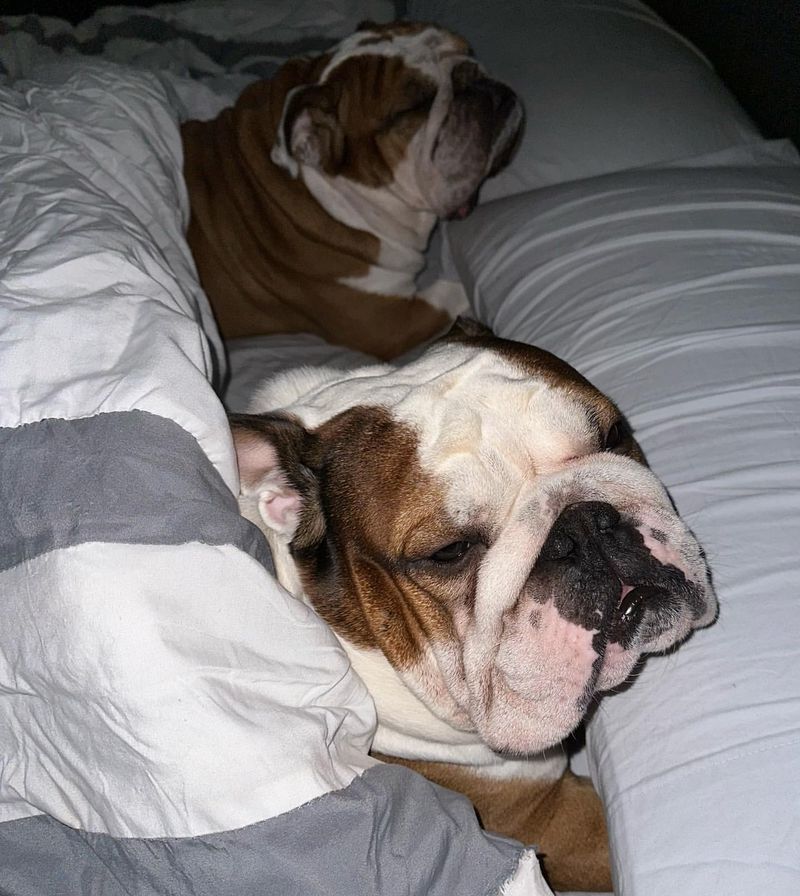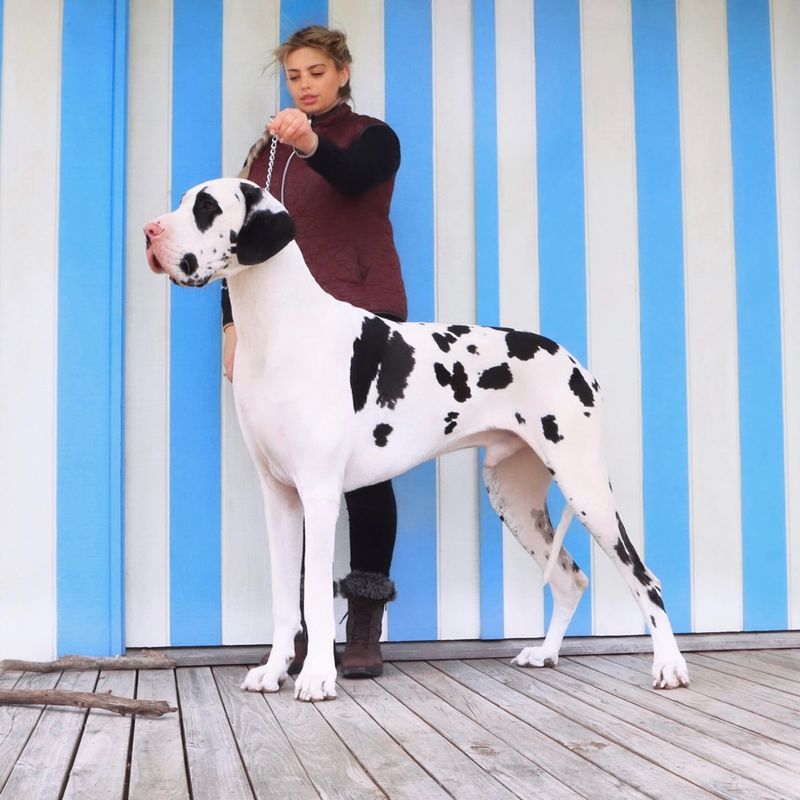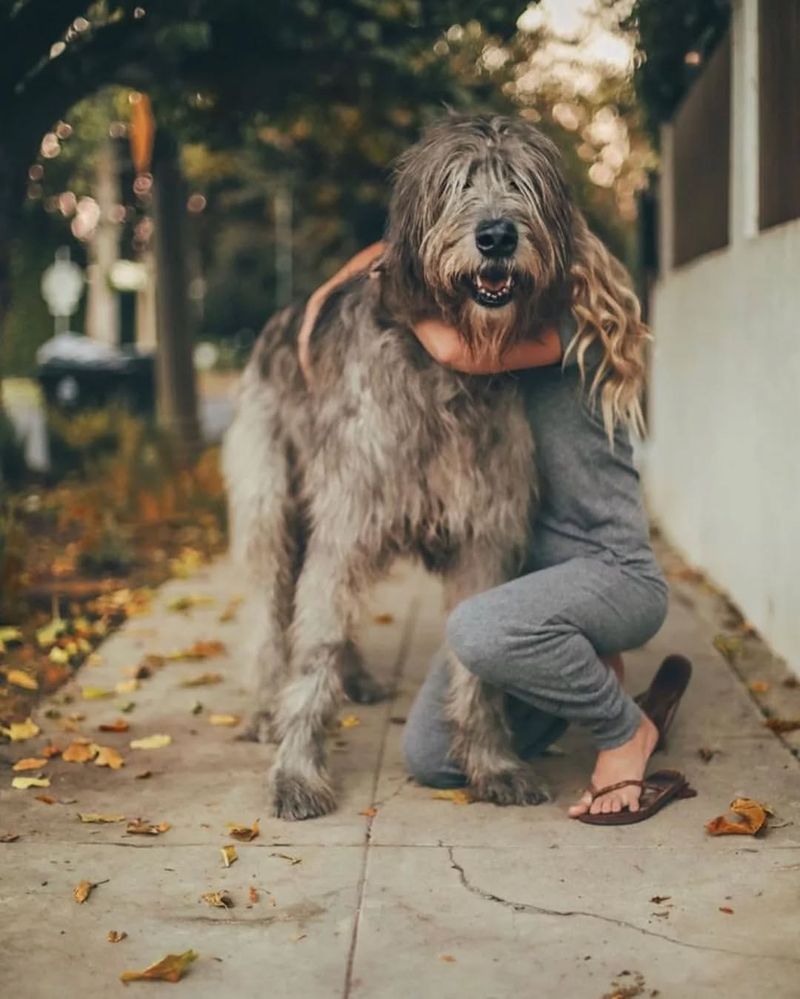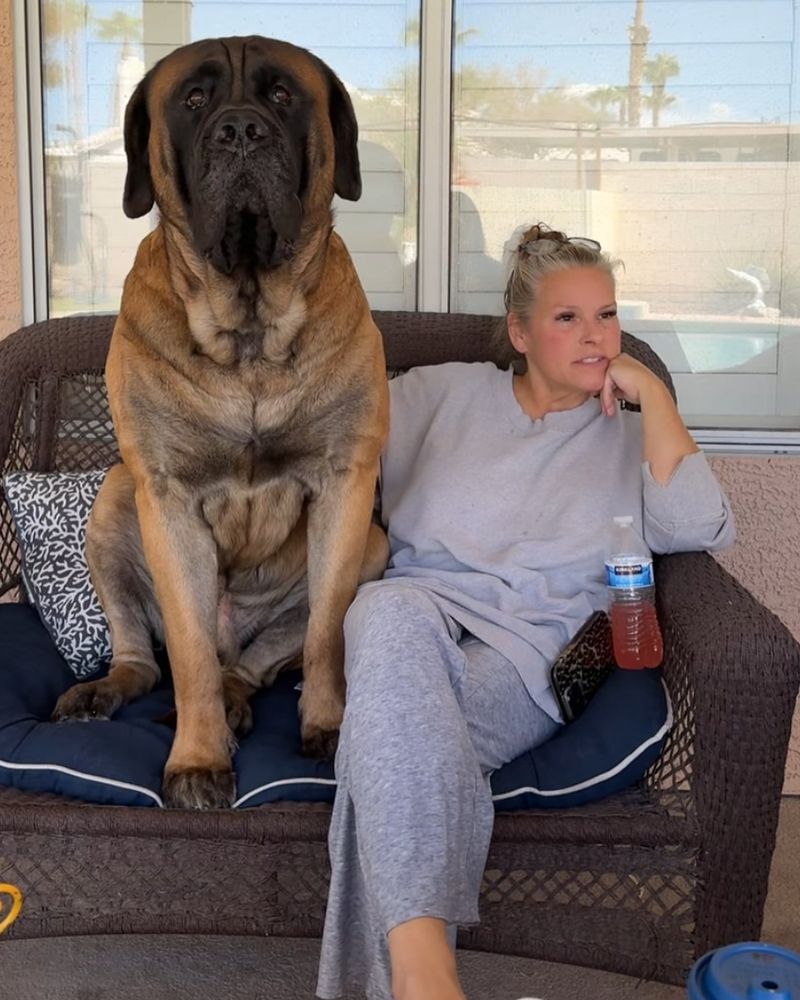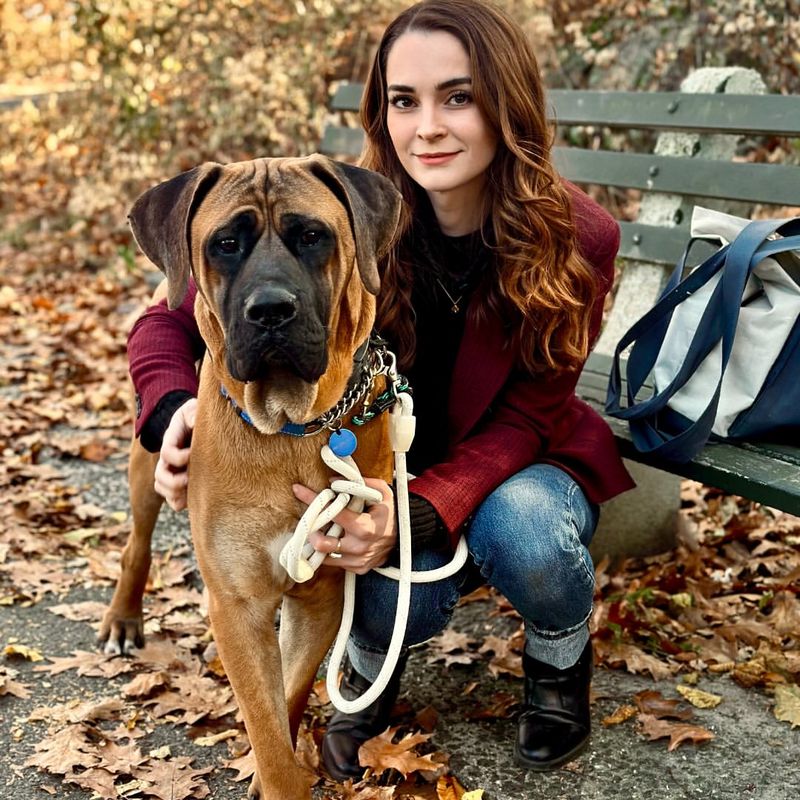Choosing the right dog for your family involves considering many factors, including temperament, energy levels, and compatibility with children. While some breeds are known for their friendly nature and adaptability, others may not be the best fit for a family environment. According to recent data, certain dog breeds, due to their specific characteristics, might pose challenges in a family setting. This blog post explores 26 breeds that might not be ideal for families, based on various factors like temperament, size, and energy levels. Let’s explore these breeds and understand why they may not be suitable for a family setting.
Chihuahua
Chihuahuas are tiny dogs with big personalities. Known for their fierce loyalty, they often bond closely with a single person, which might lead to protectiveness. This trait can sometimes manifest as aggression towards strangers or even other family members. Although intelligent, their stubborn nature can make training a challenge, requiring patience and consistency. Their small size makes them fragile, especially around young children who might not understand how to handle them gently. Despite their feisty nature, Chihuahuas can make loving companions for the right owner who understands their unique temperament and needs.
Alaskan Malamute
Alaskan Malamutes are powerful and energetic dogs bred for endurance and strength. Their high energy levels require ample exercise, which can be challenging for families with busy schedules. These dogs thrive in environments where they can be active, and lack of stimulation might lead to destructive behavior. While they are affectionate towards their family, they can be aloof with strangers, requiring proper socialization from an early age. Their size and strength make them unsuitable for households with small children, as they might unintentionally knock them over. Malamutes need a committed owner who can meet their specific needs.
Shiba Inu
The Shiba Inu is a breed native to Japan, known for its independent nature and strong-willed character. They are intelligent but often stubborn, making training a challenging task. These dogs require an experienced owner who can assert leadership without using harsh methods. Shiba Inus can be wary of strangers and may not always get along with other pets, necessitating early socialization. Their strong prey drive makes them unsuitable for homes with small animals. While they are clean and relatively quiet dogs, their aloofness might not suit families looking for a cuddly, affectionate pet.
Dalmatian
Dalmatians are active and playful dogs, famous for their distinctive spotted coats. They have a high energy level that requires regular exercise, making them less suitable for sedentary families. Without adequate outlets for their energy, they can become hyperactive and destructive. Dalmatians are also known for their strong will, which can pose challenges during training. They thrive with consistent boundaries and firm guidance. Their lively nature might overwhelm young children, and their excitement can sometimes lead to rough play. While affectionate and loyal, Dalmatians are best suited for active families who can keep up with their spirited nature.
Cane Corso
Cane Corsos are large, powerful dogs known for their protective nature. While they are loyal and dedicated to their families, their guarding instincts can make them wary of strangers. This breed requires consistent training and socialization to ensure they are well-adjusted and confident. Their size and strength demand a responsible owner who can manage their physical power. Cane Corsos may not be the best fit for families with small children due to their size and protective nature. However, with proper training and understanding, they can become devoted companions for those who appreciate their unique characteristics.
Jack Russell Terrier
Jack Russell Terriers are known for their boundless energy and keen intelligence. Originally bred for hunting, they have a strong prey drive and require plenty of physical and mental stimulation. Without adequate exercise, they can become bored and exhibit undesirable behaviors such as digging and barking. These dogs are highly trainable, but their intelligent minds need consistent engagement to keep them satisfied. While they get along with children, their high energy level might be overwhelming for young kids. Jack Russells are best suited for active families who can dedicate time to their training and exercise needs.
Border Collie
Border Collies are celebrated for their intelligence and herding abilities. They possess an incredible work ethic and require a lot of mental and physical stimulation. These dogs excel in activities like agility and obedience, making them ideal for active owners interested in dog sports. However, their high energy and intelligence can be challenging for families unable to meet their needs. Without proper outlets, they may develop behavioral issues such as excessive barking or nipping at heels. Although affectionate, Border Collies are more suited for homes where their natural instincts can be utilized effectively.
Weimaraner
Weimaraners are known as the “Gray Ghost” due to their distinctive color and sleek appearance. They are energetic and require regular exercise to keep them happy and healthy. These dogs thrive in active environments where they can engage in activities like hiking or running. Their high energy makes them less suitable for families with a sedentary lifestyle. Weimaraners are affectionate and loyal but can suffer from separation anxiety if left alone for extended periods. They need a family committed to providing them with companionship and mental stimulation to prevent destructive behaviors.
Akita
Akitas are dignified and courageous dogs with strong protective instincts. Originally from Japan, they were bred for hunting and guarding, which influences their reserved nature. Akitas are known for being loyal to their families but can be aloof with strangers, requiring early socialization to ensure they are well-adjusted. Their independent nature can make training challenging, needing a patient and experienced handler. Due to their size and strength, they are not recommended for families with small children. Akitas thrive in environments where they can form strong bonds with their owners.
Chow Chow
Chow Chows are known for their distinctive appearance and aloof nature. With their lion-like mane and dignified demeanor, they often appear independent and reserved. These dogs bond closely with their families but may be wary of strangers, necessitating proper socialization. Chow Chows require consistent training, as they can be stubborn and strong-willed. Their independent nature means they may not seek out affection as much as other breeds. Due to their unique temperament, they are best suited for owners who understand and appreciate their distinctive characteristics.
Basenji
Basenjis are unique dogs, often referred to as “barkless” because they produce an unusual yodel-like sound. These dogs are intelligent, curious, and independent, traits that can make training a challenge. They require a patient owner who can provide consistent guidance. Basenjis have a strong prey drive, making them unsuitable for homes with small pets. Their high energy levels necessitate regular exercise to prevent boredom and destructive behaviors. While they can be affectionate, their aloof nature means they may not always seek constant attention. Basenjis thrive in environments where their unique traits are understood and appreciated.
Afghan Hound
Afghan Hounds are elegant and independent dogs, known for their striking appearance and aloof demeanor. Bred for hunting in the rugged terrain of Afghanistan, they possess a strong prey drive and require regular exercise. Their independent nature can make training challenging, as they may not always respond to commands. Afghan Hounds are best suited for owners who appreciate their unique characteristics and can provide a secure environment. While they form strong bonds with their families, they may be reserved with strangers. These dogs require regular grooming due to their long, flowing coats.
Shar Pei
Shar Peis are known for their distinctive wrinkled appearance and independent nature. Originating from China, they were bred for guarding and hunting, traits that influence their reserved demeanor. Shar Peis are loyal to their families but may be aloof with strangers, requiring early socialization to ensure they are well-adjusted. Their stubborn nature can make training challenging, needing a patient and experienced handler. Due to their protective instincts, they are best suited for families without small children. Shar Peis thrive in environments where their unique characteristics are understood and appreciated.
Belgian Malinois
Belgian Malinois are intelligent and hardworking dogs, often used in police and military work. They possess a strong drive and require an active lifestyle to stay healthy and happy. These dogs excel in activities such as obedience, agility, and protection sports. Their high energy levels and intelligence make them unsuitable for families unable to provide adequate exercise and mental stimulation. Belgian Malinois are loyal and protective, traits that need careful management through training and socialization. They are best suited for experienced owners who can meet their demanding needs.
American Pit Bull Terrier
American Pit Bull Terriers are strong, muscular dogs known for their loyalty and affectionate nature. Despite their reputation, they are often loving and gentle with their families. However, their strength and energy require responsible ownership to ensure they are well-behaved. Socialization and training from a young age are essential to manage their protective instincts. Due to their size and exuberance, they may not be the best fit for families with small children. With proper guidance and understanding, Pit Bulls can become devoted companions in the right environment.
Doberman Pinscher
Doberman Pinschers are known for their intelligence and loyalty. These elegant dogs thrive with active owners who can provide regular exercise and mental stimulation. Dobermans are protective by nature, requiring consistent training and socialization to ensure they are well-adjusted and confident. Their size and strength make them unsuitable for families with small children, as they might unintentionally knock them over. While they are affectionate with their families, their guarding instincts mean they need a responsible owner who can manage their behavior. With proper care, Dobermans can be excellent companions for those who appreciate their unique qualities.
Rottweiler
Rottweilers are powerful dogs known for their loyalty and protective nature. While they are affectionate with their families, their guarding instincts can make them wary of strangers. This breed requires consistent training and socialization to ensure they are well-adjusted. Their size and strength demand a responsible owner who can manage their physical power. Rottweilers may not be the best fit for families with small children due to their size and protective nature. However, with proper training and understanding, they can become devoted companions for those who appreciate their unique characteristics.
Australian Cattle Dog
Australian Cattle Dogs are intelligent and energetic, bred for herding in the harsh Australian environment. They possess a strong work ethic and require plenty of mental and physical stimulation. These dogs excel in activities like agility and obedience but may become bored and destructive without adequate outlets. Their independent nature can make training challenging, requiring a patient and experienced handler. While they are loyal to their families, their strong herding instincts can lead to nipping, making them less suitable for families with small children. Cattle Dogs thrive in active homes where their natural abilities can be utilized.
Siberian Husky
Siberian Huskies are known for their striking appearance and high energy levels. Bred for pulling sleds, they possess incredible endurance and require ample exercise to stay happy and healthy. Without regular physical activity, they may become bored and exhibit destructive behaviors. Huskies are friendly and social but can be independent, making training a challenge. Their strong prey drive makes them unsuitable for homes with small animals. While they are affectionate with their families, their exuberance can be overwhelming for young children. Huskies thrive in active environments where their energy can be properly channeled.
Scottish Terrier
Scottish Terriers, or Scotties, are known for their independence and dignified demeanor. Bred for hunting, they have a strong prey drive and require regular exercise. Their independent nature can make training challenging, as they may not always respond to commands. Scotties are loyal to their families but can be aloof with strangers, necessitating early socialization. While they get along with children, their spirited nature might be overwhelming for young kids. Scotties are best suited for owners who appreciate their unique characteristics and can provide a stimulating environment.
Dogue de Bordeaux
The Dogue de Bordeaux is a powerful and muscular dog with a gentle, affectionate nature towards its family. Despite their intimidating appearance, they are calm and loyal companions. However, their size and strength require responsible ownership to manage them effectively. Early training and socialization are crucial to ensure they are well-behaved and confident around strangers. Due to their size, they may not be the best fit for families with small children. Dogues de Bordeaux thrive in environments where their gentle nature is appreciated, and their physical needs are met.
English Bulldog
English Bulldogs are known for their distinctive appearance and laid-back nature. Despite their calm demeanor, they can be stubborn, making training a challenge. Bulldogs are loyal to their families but may be reserved with strangers. Their low energy levels mean they don’t require much exercise, but care must be taken to prevent obesity. Due to their unique physical traits, they may experience health issues, requiring attentive care. While they are generally good with children, their independence means they may not always seek out affection. Bulldogs thrive in homes where their relaxed nature is appreciated.
Great Dane
Great Danes are known as “gentle giants” due to their large size and affectionate nature. They are generally calm and friendly, making them good companions for families. However, their size and strength require responsible ownership to ensure safety, especially around small children. Danes need regular exercise to maintain their health but are not as high-energy as other large breeds. Training and socialization from a young age are essential to manage their protective instincts. While they form strong bonds with their families, their size and care needs may not be suitable for everyone.
Irish Wolfhound
Irish Wolfhounds are gentle giants, known for their calm and friendly demeanor. Despite their large size, they are generally good-natured and gentle with children. However, their size requires a spacious environment and careful management to ensure safety around small kids. Irish Wolfhounds have a moderate energy level and enjoy regular walks and playtime. Their independent nature can make training challenging, needing a patient and understanding owner. While they are affectionate with their families, they may be reserved with strangers. Irish Wolfhounds thrive in environments where their gentle nature and size are appreciated.
Mastiff
Mastiffs are known for their massive size and gentle nature. Despite their imposing appearance, they are often calm and affectionate with their families. However, their size and strength require responsible ownership to manage them effectively. Mastiffs need early training and socialization to ensure they are well-behaved and confident around strangers. Due to their size, they may not be the best fit for families with small children, as they could unintentionally knock them over. Mastiffs thrive in environments where their gentle nature is appreciated, and their physical needs are met.
Tosa Inu
The Tosa Inu is a powerful and dignified breed, known for its calm and reserved nature. Originating from Japan, these dogs were bred for dog fighting but are now valued as loyal companions. Tosas require experienced owners who can provide firm guidance and socialization to ensure they are well-adjusted. Their size and strength make them unsuitable for families with small children. While they are affectionate with their families, their aloofness with strangers requires careful management. Tosa Inus thrive in environments where their unique characteristics are understood and appreciated.
